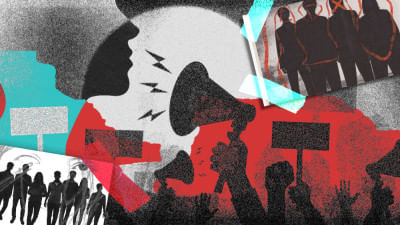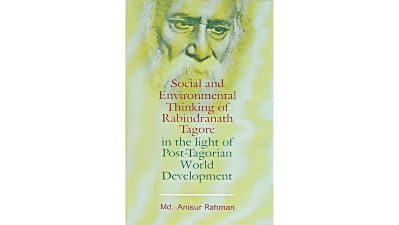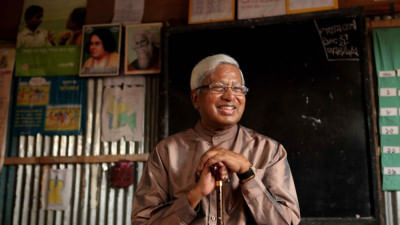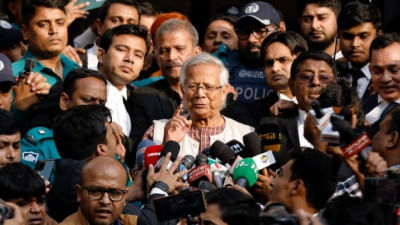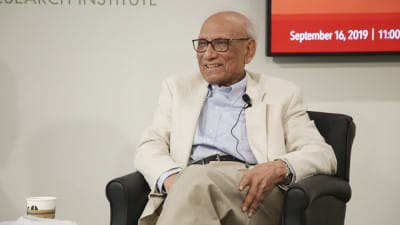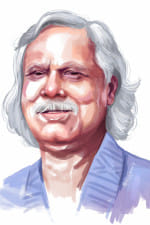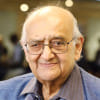
Rehman Sobhan
Prof Rehman Sobhan is one of Bangladesh's most distinguished economists and a celebrated public intellectual. During the Liberation War, he served as an emissary of the Mujibnagar Government, tirelessly garnering international support for Bangladesh's independence. Following the war, he became a key member of the Planning Commission, contributing significantly to the nation’s post-war reconstruction efforts. Prof Sobhan is also the founder and chairman of the Centre for Policy Dialogue (CPD), a leading think tank in Bangladesh. His illustrious career includes serving as an adviser to the caretaker government and championing issues of economic justice and governance.

